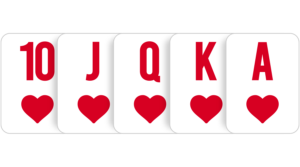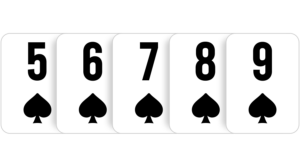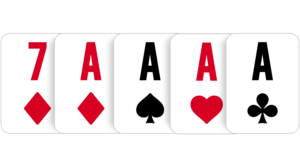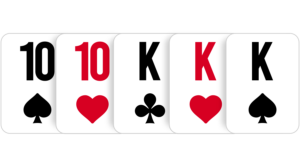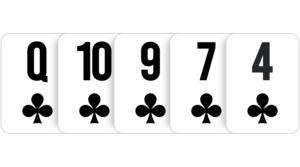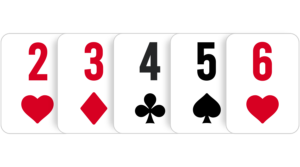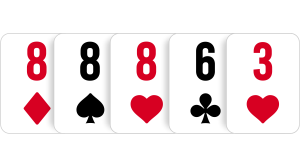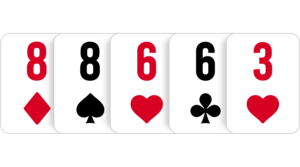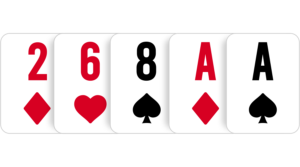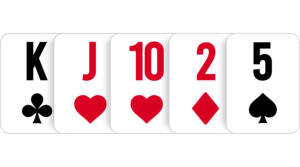Online Poker Rules: The First Step to Mastery!
Welcome to the cosmic world of online poker at PokerPlanets. Here, you’ll find the most popular games: Texas Hold'em, Omaha, and many other exciting variations.
How to win?
There are two paths to victory in poker:
- The strongest hand — if your hand is the best when the cards are revealed.
- Bluffing and strategy — if your bet goes uncalled, and your opponents fold.
But just knowing the rules isn't enough! The ability to read the game, analyze opponents, and make timely decisions is what separates professionals from beginners.
Understanding Hand Rankings
Wondering which is stronger — a flush or a straight? Or unsure how to make a full house? At PokerPlanets, we’ve prepared a detailed guide on hand rankings — from the legendary royal flush to the humble high card.
Royal Flush
|
Straight Flush
|
Four of a Kind
|
Full House
|
Flush
|
Straight
|
Three of a Kind
|
Two Pair
|
One Pair
|
High Card
|
Basic Principles of Poker: Starting The Game
In poker, each hand begins with forced bets that create the starting pot and motivate the players. This prevents the game from dragging on while waiting for the perfect hand, thus forcing participants to actively engage in the process.
Forced Bets: Blinds and Antes
In popular poker variants like Texas Hold'em and Omaha, the game begins with blinds. Two players at the table must post small and big blind before the hand starts. Their size is fixed and depends on the table limits.
In some formats, an ante is also used — a small bet that all players must contribute. Antes are more common in tournaments and variants where maintaining an active game is crucial.
These forced bets determine the dynamics of the hand and create the starting pot that players will compete for.
Dealing Cards and Betting Rounds
Once the mandatory bets are placed, the dealing begins. Players are dealt cards and take turns making decisions in a clockwise order. The following actions are available in poker:
- Check — Pass the action to the next player without betting (available if no bets have been made in the current round).
- Bet — Make the first bet in the round. If no one has bet yet, the player can wager any amount within the game’s limits.
- Fold — Discard your cards and exit the hand, forfeiting any chips already invested in the pot.
- Call — Match the most recent bet to stay in the hand.
- Raise — Increase the bet, forcing opponents to either match it or fold.
Betting rounds continue until all active players have either equalized their bets or folded their cards.
The Structure of a Hand in Texas Hold'em and Omaha
Poker is played in four rounds, each adding new strategic opportunities:
- Preflop — Players make decisions based solely on their hole cards, without any community cards on the table.
- Flop — The first three community cards are dealt, initiating a new betting round.
- Turn — A fourth community card is revealed, altering potential combinations.
- River — The fifth and final community card is added, followed by the last betting round.
After the river, if multiple players remain in the hand, a showdown occurs, and the pot is awarded to the player with the strongest combination.
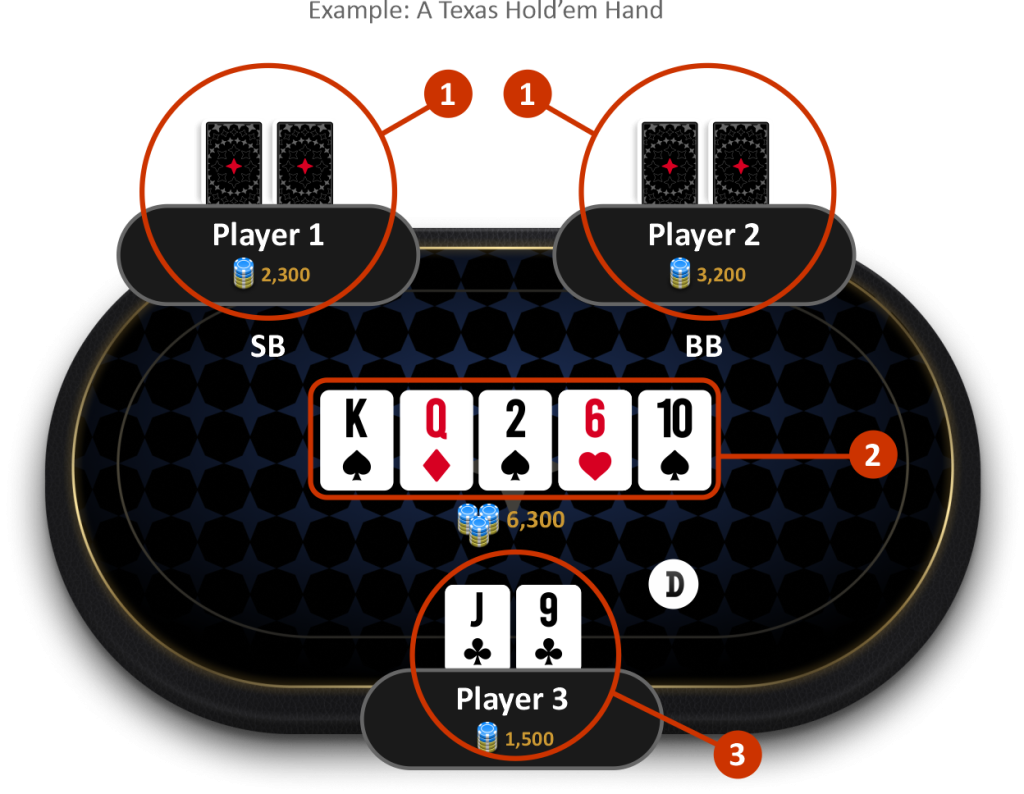
A typical Texas Hold'em hand is illustrated in the image.
- Opponents’ Hole Cards: Hidden cards visible only to their owners.
- Community Cards: Five cards laid open on the table, available for all players to create their best possible combinations.
- Your Hole Cards: Two personal cards that can be combined with community cards to form your final hand.
This example demonstrates how players combine their hole cards with the community cards, analyzing the strength of their own hands and potential hands of their opponents.
Betting Limits: How Much Can You Bet?
Betting limits dictate the amount a player can bet or raise during each round of betting. Depending on the game format, poker betting structures fall into three categories:
- No-Limit: Players can bet any amount, starting from the minimum up to the total size of their stack (all their chips). This format demands a deep understanding of strategy and bankroll management.
- Pot-Limit: The maximum bet is capped at the current size of the pot. This format balances the dynamic nature of no-limit poker with the structure of fixed bets.
- Fixed-Limit: Each bet and raise has a predetermined size, making the gameplay more measured and tactical.
These different betting structures shape player strategies and approaches to bankroll management.
Ready to Take the Next Step?
Now you know the basics of poker: how hands are dealt, which combinations are strongest, the types of bets, and how to make decisions at the table. Theory is just the first step; true mastery comes with experience. Dynamic games and thrilling tournaments await you at PokerPlanets. Use your knowledge, refine your strategy, and experience the real thrill of the game!
The cards are dealt. It's time to play!
Contact us:


